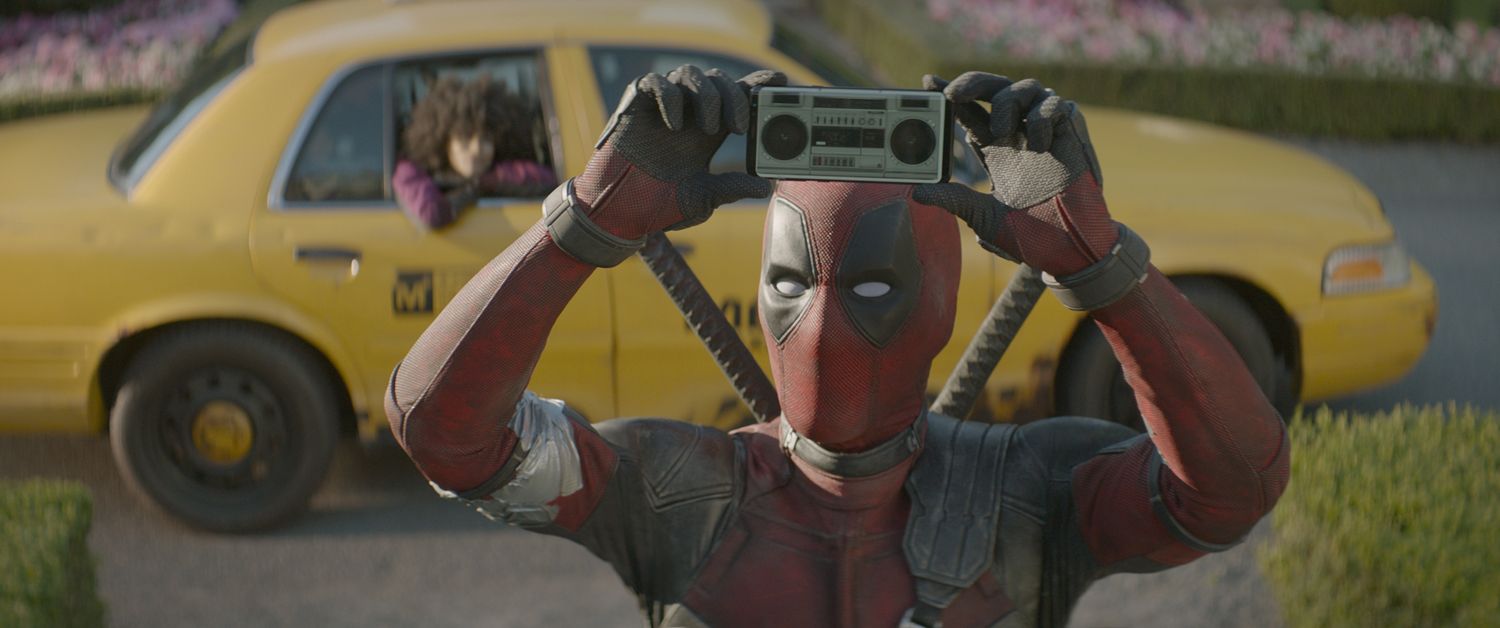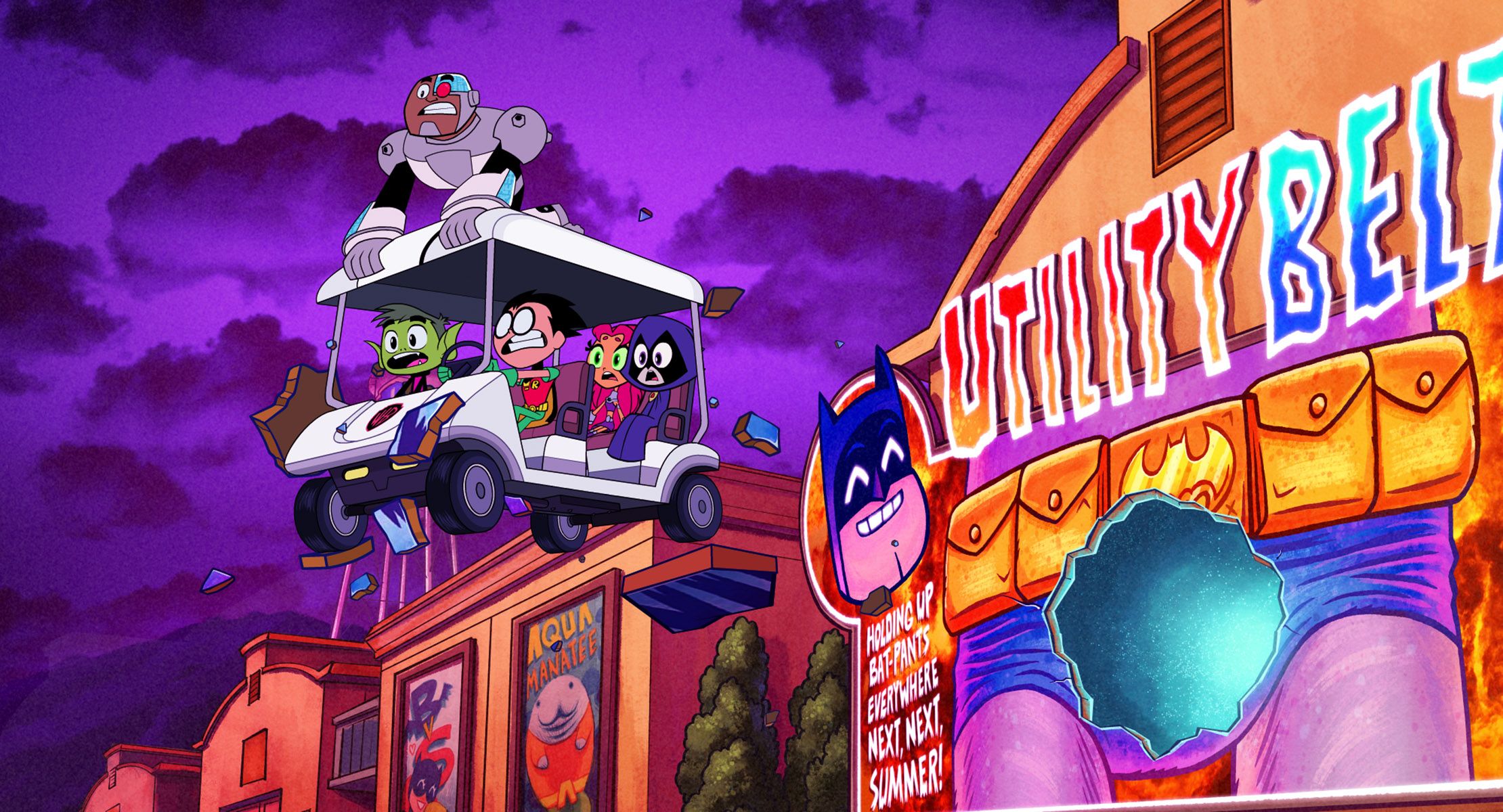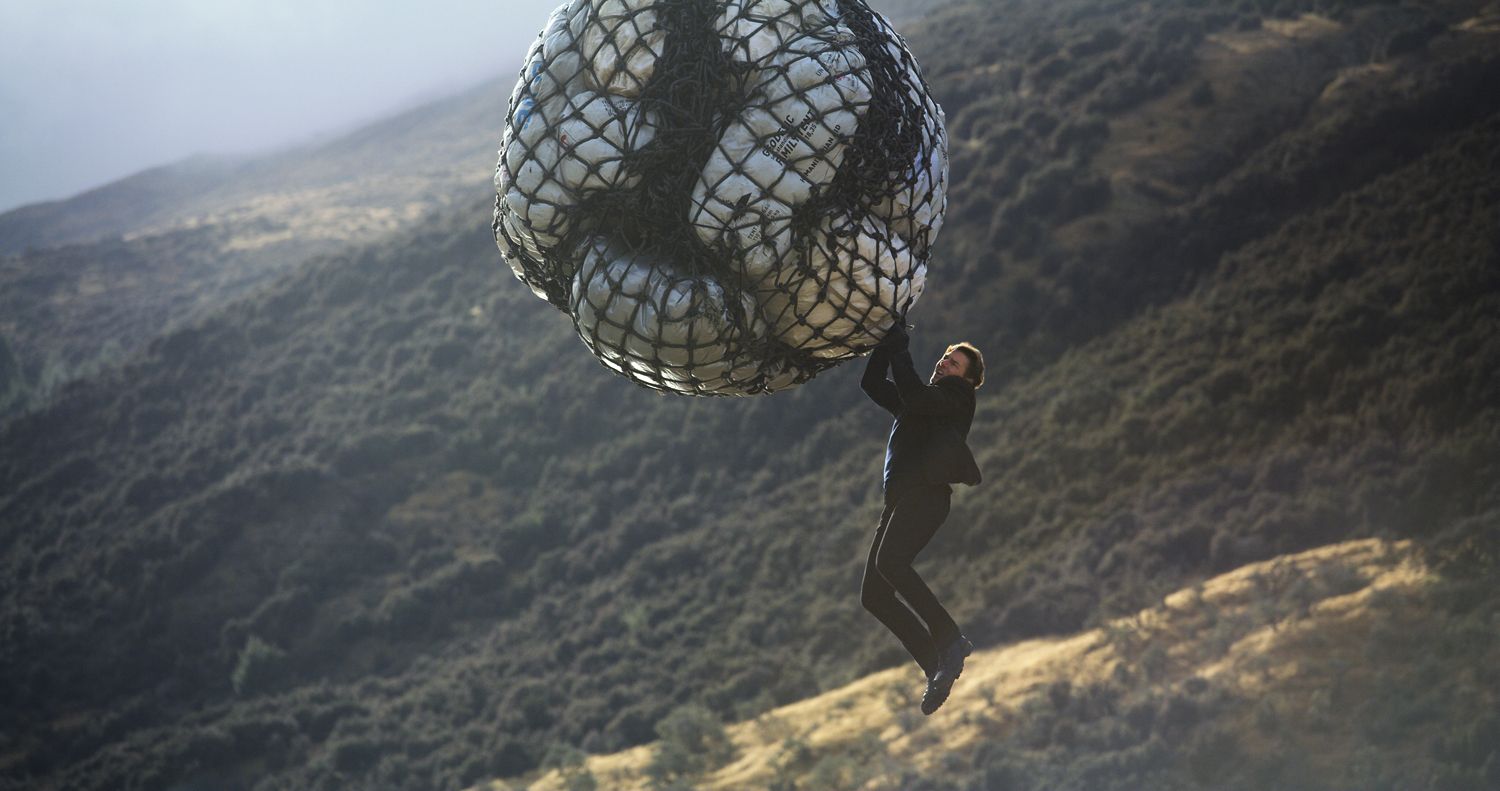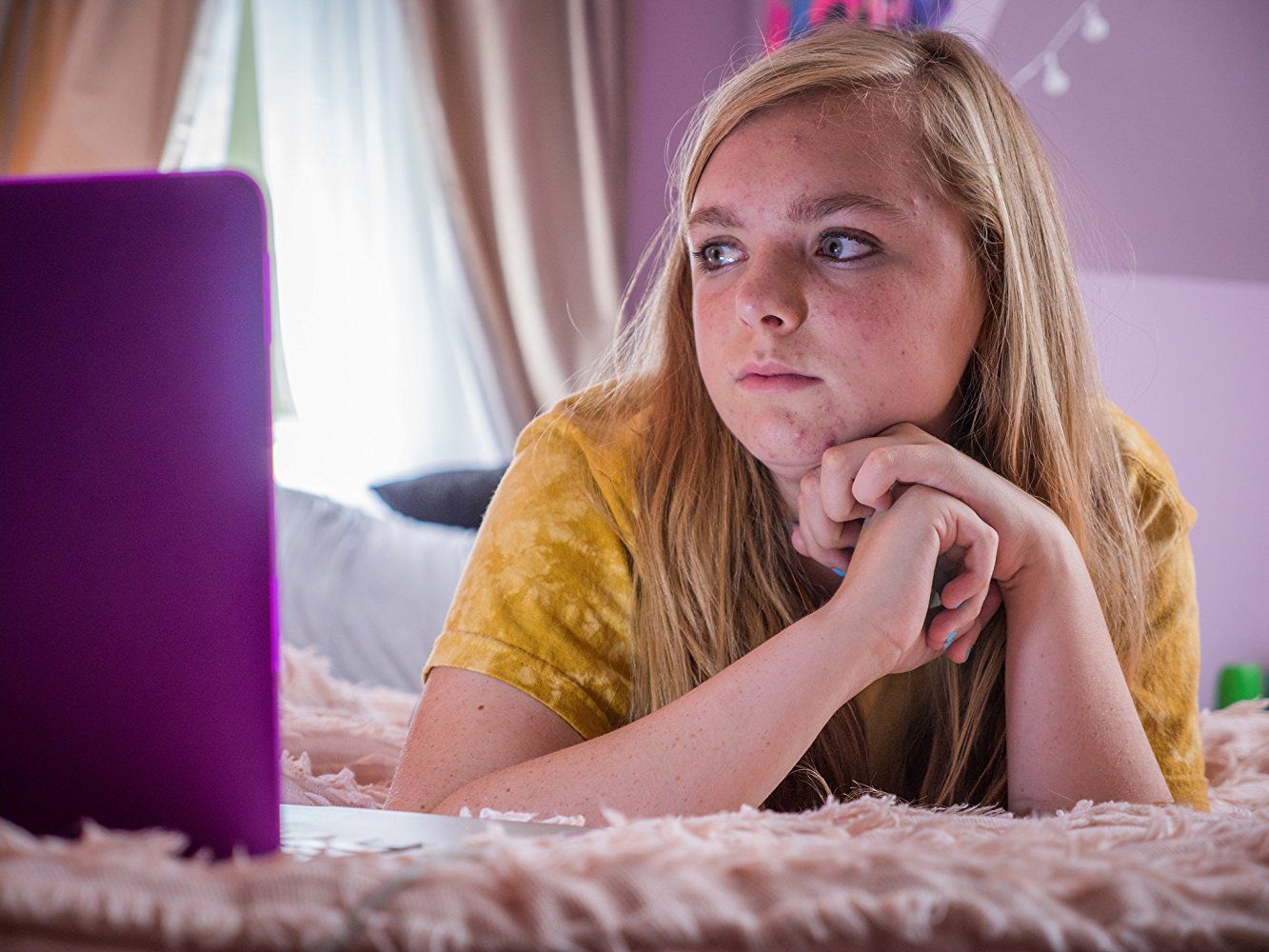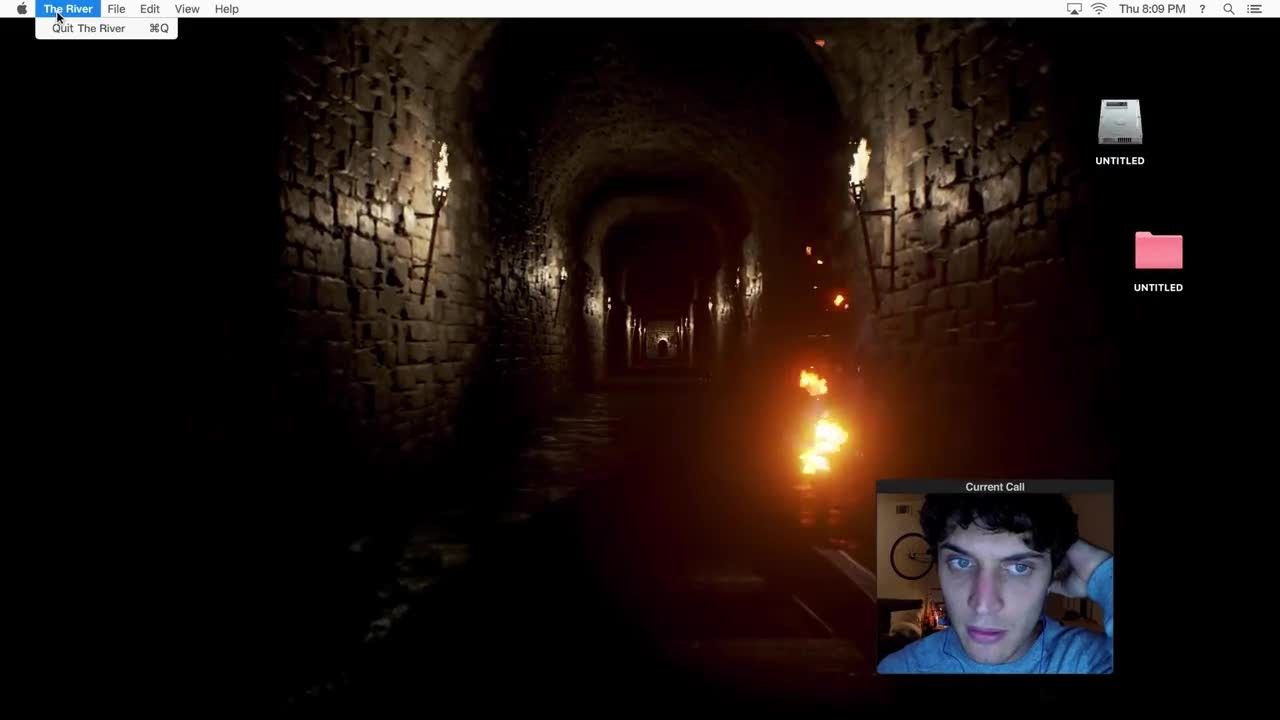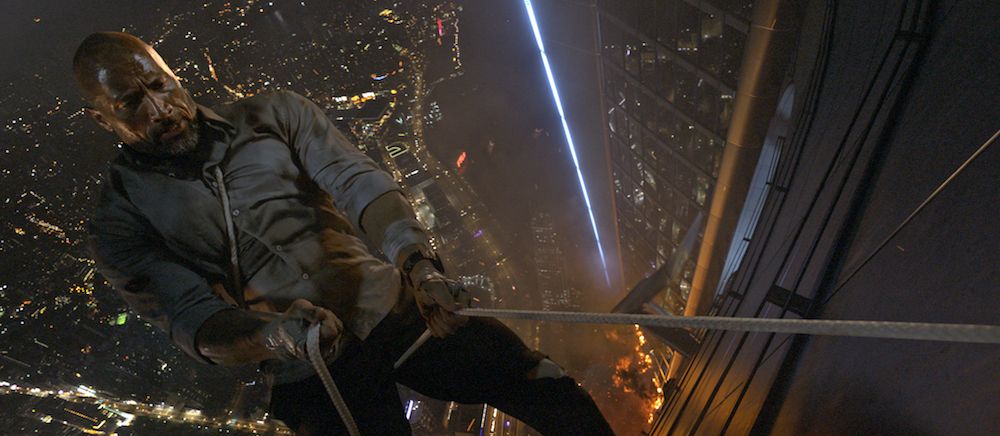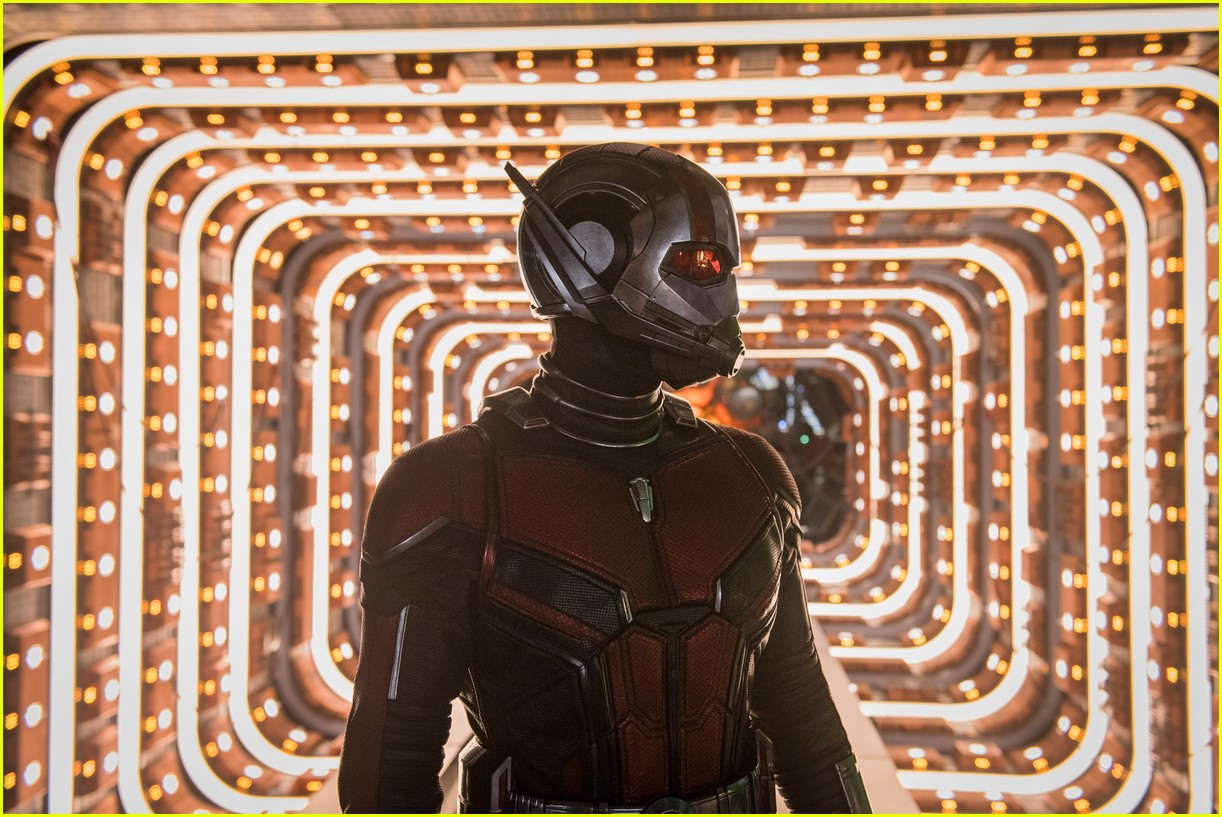We've officially reached the eating-its-own-tail portion of superhero cinema. Now they can stretch whole features out of the idea. Weirdly, this also happened before the subgenre devoured a vast swath of pop culture -- 1999's Mystery Men, for instance -- but those tended to be oddball, one-off originals. Now the self-deprecating meta digs come from the name brand comics outlets themselves, the film departments feeding the consumption of ever more product. Why joke about superhero movies in general -- like 2008's dire off-brand parody Superhero Movie -- when you can specifically bring in the real X-Men (a couple supporting players in 2016's Deadpool) or Batman (in last year's The LEGO Batman Movie, a two-for-one product-placement comedy) or whomever to join the jabs and japes themselves, a whole back catalog of issues and franchises from which to draw their corporate synergy gags. Just this summer alone, Marvel and DC have slipped slight self-aware jokester features into theaters between the less intentionally silly bombast to which they'll return shortly. They're downtime jokes between CG slugfests, meant to puncture and puff up their inspirations in the same wink.
Even better is this weekend's animated Teen Titans Go! To the Movies, a smarter, denser, and funnier deconstruction of its subgenre, proving Deadpool's filthiness is meant, in part, to distract from how little it has to say with its cracks. A big screen expansion of a Cartoon Network show, this 2D hand-drawn aesthetic carries real Saturday morning cartoon freedom into its referential hall of mirrors. Stuffed to the gills with quick echoes of famous panels and scenes from comic books and their related movies past, the story finds the plucky Teen Titans (Robin (Scott Menville), Starfire (Hynden Walch), Cyborg (Khartoum Payton), Beast Boy (Greg Cipes), and Raven (Tara Strong)) totally overshadowed by literally every other DC superhero. Sure, it's one thing for Superman (Nicolas Cage), Wonder Woman (Halsey), and Green Lantern (Lil Yachty), to scoff at these superpowered kids who don't actually solve the big problems or get to star in their own major motion pictures. But even the relatively obscure DC characters point and laugh -- you can spot Jonah Hex and Swamp Thing basking in glory while the Titans slink away ignored and marginalized despite their neat abilities, like shape-shifting and laser beams and portals, and solid teamwork. The plot, then, follows the Teens as they attempt to prove themselves worthy of a movie by doing things like fighting a potential nemesis (Will Arnett), traveling through time on rad bikes, or breaking into Warner Brothers (upon spying the water tower, one squeals, "That's where the Animaniacs live!") to meet with a director (Kristen Bell) currently hard at work on Batman v Superman 2 ("Okay," Bats growls to Supes, "but what's your father's name!"). Jokes like that are spat out at an occasionally alarming rate, not all winners, some kid-friendly potty humor to go with the deep cut references, but all splattering in big, colorful, spare, blocky cartoon style. Wham! Pow! Nothing is safe from their silliness, and even though the kids are endearing, it's easy to see why Superman would shake his head and sigh, calling them no more than "goofsters." Written by series' developers Michael Jelenic and Aaron Horvath, the latter directing with series' supervising director Peter Rida Michail, the movie is a brisk 90 minutes which takes absolutely nothing seriously expect the fact that its main characters' friendships are as pure as they are lovable. It wears its encyclopedic memory for superhero pop culture lightly, and isn't afraid to dip into kid-safe Adult Swim-style weirdness -- as it has trickled down into Cartoon Network proper over the years -- like in an extended synthy 80's encouragement tune sung by a cheery big cat who has the voice of Michael Bolton and appears to be related to Tony the Tiger. (I dare not share his fate, which is as abrupt as it is shocking.) The whole endeavor is an overstimulated breeze, and a blast at being exactly what it wants to be, poking affectionate fun at all sorts of ephemera, even, who would have guessed?, working in jabs at Deadpool. (The sharp critique comes when Cyborg mistakes an obscure DC villain for the Marvel character in question and chirps, "Ooh! Look at the camera and say something inappropriate!") Manic, but not entirely mindless, it is a goof on the superhero genre as frivolous and endearing as the least essential elements with which it's playing. Still, I found myself wondering how many young children will be enjoying the blitz of references to, among wildly varied gags, Gene Hackman, Shia LaBeouf, Back to the Future, the 2010 Green Lantern flop, EDM, and Marlon Brando? Maybe it's built as baby's first meta movie, something for nerd parents to annotate on the car ride home. The seizure-inducing sound and light show is as likably quick-witted as it is dense with empty calories. It's not for nothing, I suppose, that the movie's villain intends to destroy the world by overloading it with superhero movies. Even when they're dizzingly self-aware and don't outstay their welcome, they still add to the sheer tonnage of super-content.

